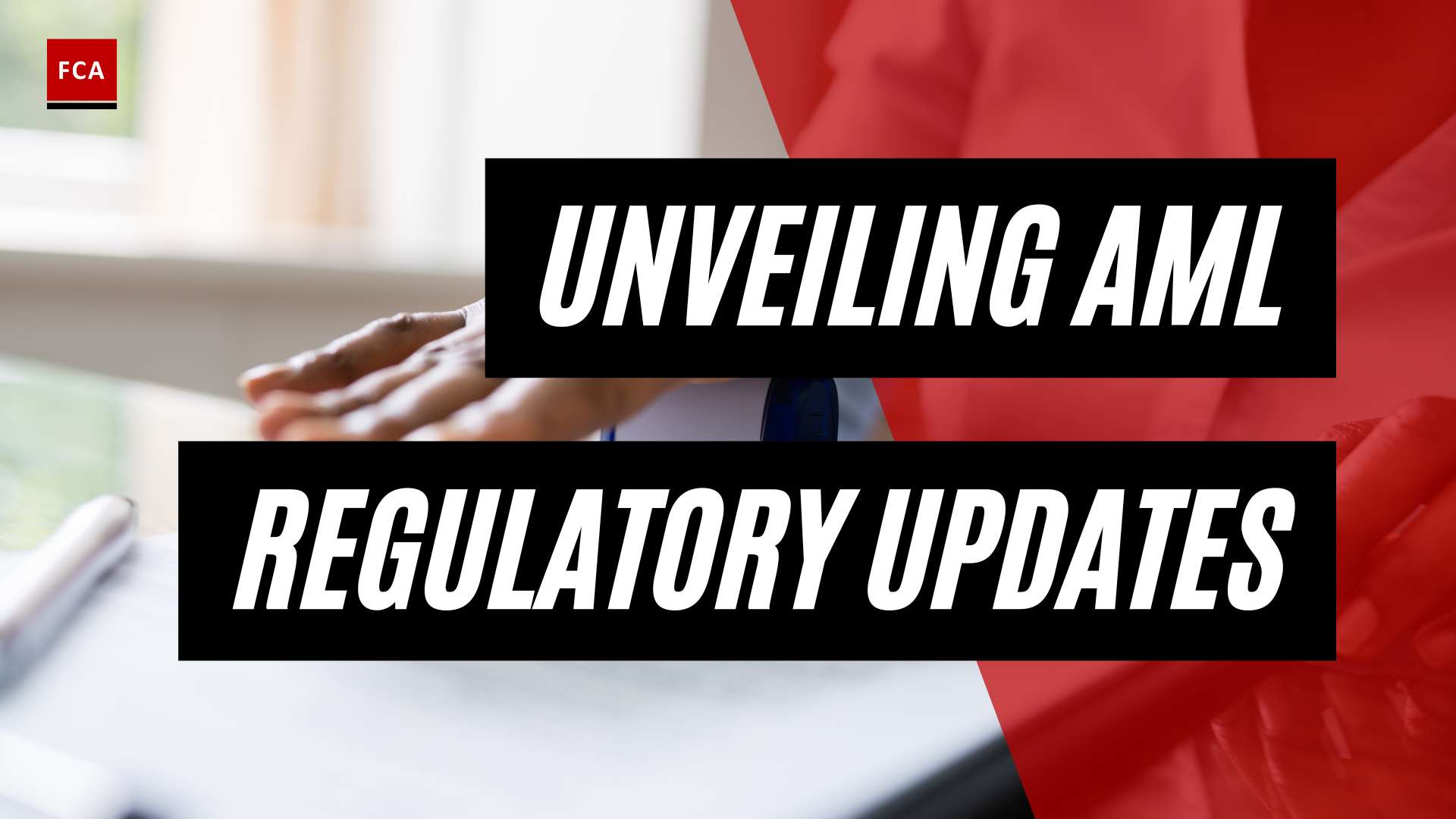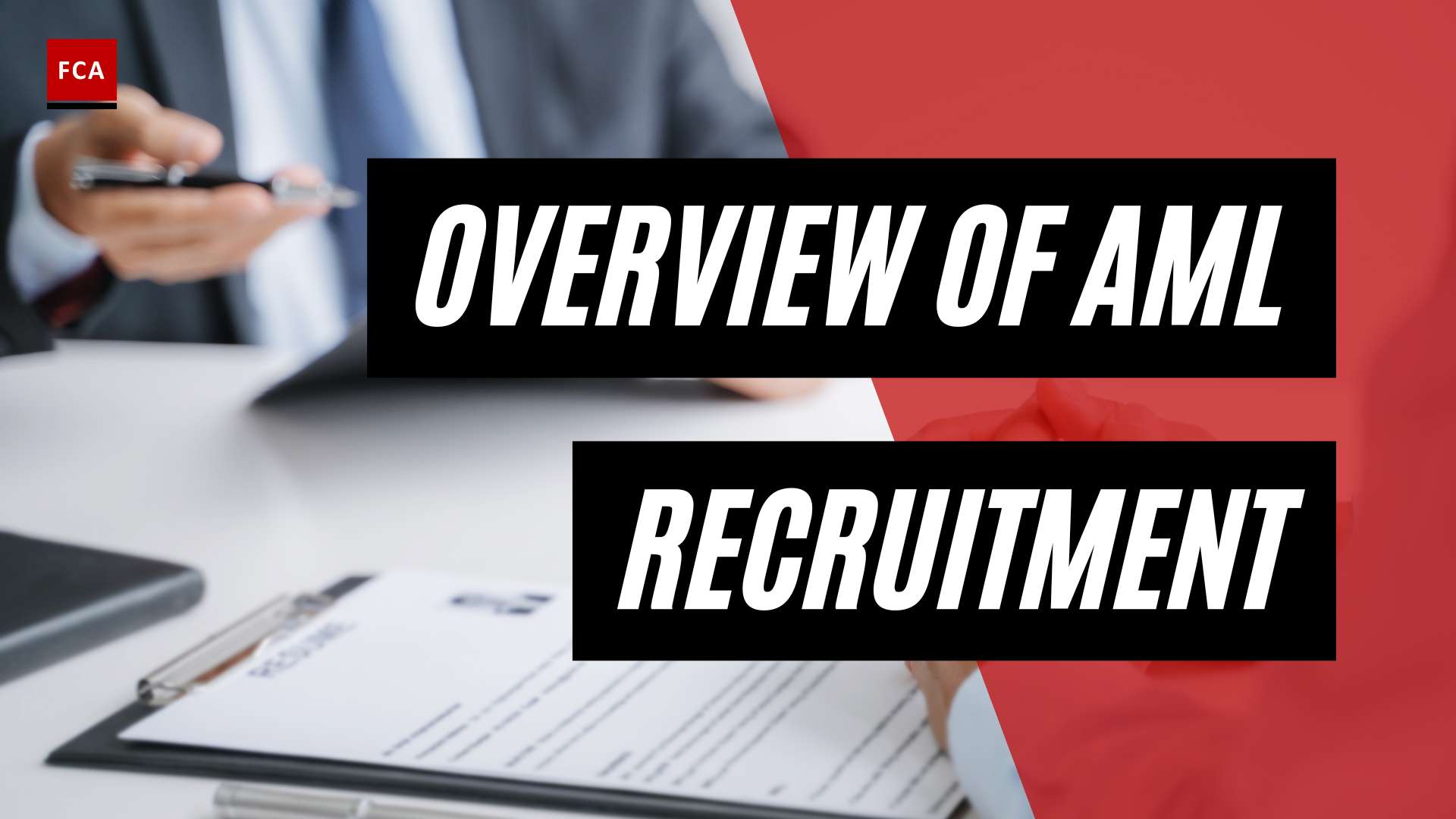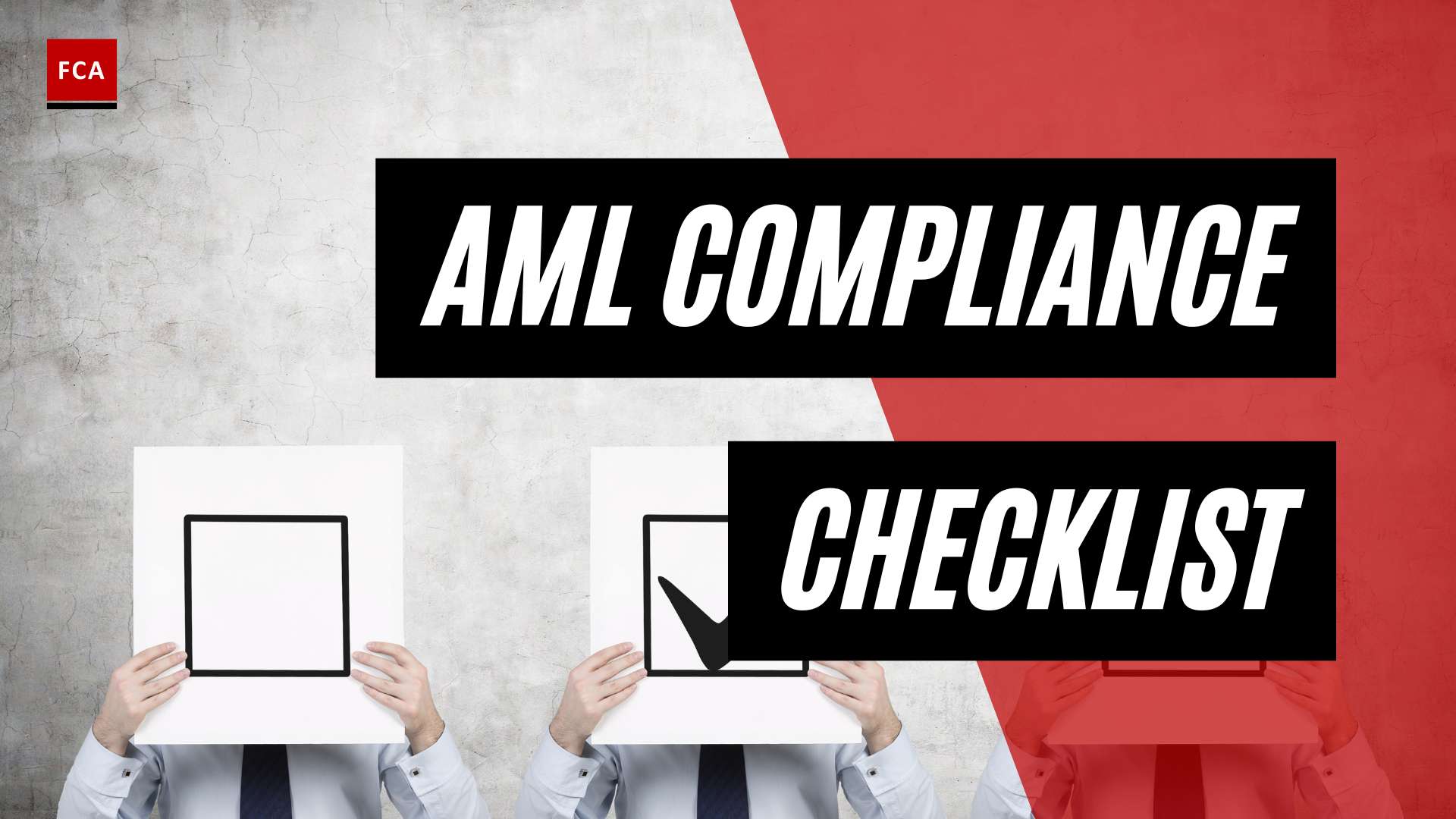AML Compliance in the Gaming Industry
In the online gaming industry, ensuring AML compliance is of utmost importance. The nature of online gaming platforms, with their cash-intensive nature, high transaction volumes, and large financial values being moved across borders, makes them vulnerable to money laundering risks. Therefore, it is crucial for online gaming platforms to implement robust AML compliance programs to prevent money laundering, terrorist financing, and other financial crimes, meeting the regulatory expectations set globally for these platforms to ensure accountability and transparency (Financial Crime Academy).
To achieve effective AML compliance, online gaming platforms must adhere to global AML regulations specifically tailored for the gaming industry. These regulations emphasize the need for a comprehensive understanding of AML requirements to ensure compliance. Some notable global AML regulations include the EU’s 4th AML Directive, the USA’s Bank Secrecy Act, and the Patriot Act. Compliance with these regulations is essential for online gaming platforms to operate legally and maintain trust with their customers and stakeholders (Financial Crime Academy).
| Global AML Regulations |
|---|
| EU’s 4th AML Directive |
| USA’s Bank Secrecy Act |
| USA’s Patriot Act |
It is important for online gaming platforms to stay abreast of evolving AML regulations and implement measures to achieve compliance. Failure to comply with AML regulations can have severe consequences, including legal implications, penalties, and reputational damage. Regulators and authorities around the world are increasingly focusing on AML compliance in the gaming sector to combat money laundering and terrorist financing. Thus, online gaming platforms must enhance their AML programs to mitigate financial crime risks and maintain a strong reputation within the industry (Financial Crime Academy).
By prioritizing AML compliance, online gaming platforms can contribute to a safer and more transparent industry, protecting themselves and their customers from the risks associated with financial crime.
AML Measures for Online Gaming Platforms
To ensure compliance with Anti-Money Laundering (AML) regulations, online gaming platforms need to implement several key measures. These measures include thorough transaction monitoring, customer due diligence procedures, and risk-based assessments and audits. By implementing these AML measures, gaming platforms can mitigate the risks associated with money laundering and other financial crimes.
Thorough Transaction Monitoring
Thorough transaction monitoring is a critical component of AML compliance for online gaming platforms. It involves the continuous monitoring of transactions to detect and identify any suspicious activities that may indicate potential money laundering or terrorist financing. Through advanced monitoring systems and AML software, gaming platforms can analyze transaction patterns, flag unusual activities, and investigate further when necessary. Effective transaction monitoring helps ensure the integrity of financial transactions and identifies potential risks in a timely manner.
Customer Due Diligence Procedures
Customer due diligence (CDD) procedures are essential for online gaming platforms to verify the identities of their customers and assess the risks associated with their activities. By implementing robust CDD procedures, gaming platforms can identify and authenticate their customers, verify the source of funds, and assess the level of risk associated with each customer. This process helps prevent individuals involved in criminal activities from accessing the platform and ensures compliance with regulatory requirements. AML screening tools and identity verification processes play a crucial role in effective customer due diligence.
Risk-Based Assessments and Audits
Risk-based assessments and audits are vital for online gaming platforms to evaluate and manage their AML risks effectively. These assessments involve identifying and assessing the specific risks associated with money laundering, terrorist financing, and other financial crimes within the gaming industry. By conducting regular risk assessments, gaming platforms can identify vulnerabilities, implement appropriate controls, and allocate resources to mitigate risks effectively. Audits, whether conducted internally or by external experts, provide an independent evaluation of the platform’s AML compliance program, ensuring adherence to regulations and identifying areas for improvement.
Implementing these AML measures is crucial for online gaming platforms to prevent money laundering, terrorist financing, and other financial crimes. By establishing robust transaction monitoring systems, conducting thorough customer due diligence, and performing risk-based assessments and audits, gaming platforms can meet regulatory expectations, protect their reputation, and contribute to the overall integrity of the gaming industry.
Consequences of Non-Compliance
Ensuring AML compliance is of utmost importance for online gaming platforms. Failure to comply with Anti-Money Laundering (AML) regulations can have severe consequences, both legally and financially. This section will explore the legal implications and penalties, as well as the reputational damage that can result from non-compliance.
Legal Implications and Penalties
Non-compliance with AML regulations in the gaming industry can lead to significant legal implications for online gaming platforms. Regulators and authorities around the world have implemented strict AML regulations to combat money laundering and terrorist financing within the gaming sector. Failure to comply with these regulations can result in legal actions and penalties.
The penalties for non-compliance can vary depending on the jurisdiction and the severity of the violation. Online gaming platforms may face hefty fines, which can range from thousands to millions of dollars. In some cases, individuals involved in non-compliant activities may also face criminal charges, leading to potential imprisonment.
To avoid these legal implications and penalties, online gaming platforms must establish robust AML programs and adhere to the regulatory requirements specific to their jurisdiction. Implementing effective AML audits, thorough transaction monitoring, and customer due diligence procedures are essential for maintaining compliance and mitigating legal risk.
Reputational Damage and Business Shutdown
Non-compliance with AML regulations can have significant consequences for the reputation of online gaming platforms. The gaming industry is increasingly focused on maintaining trust and transparency with customers, financial institutions, and regulators. Any association with money laundering or illegal activities can severely damage the platform’s reputation, leading to loss of customers and business opportunities.
Reputational damage can result in a loss of trust from players, financial partners, and other stakeholders. Once a platform’s reputation is tarnished, it can be challenging to regain trust and recover from the negative impact. Customers may opt for alternative platforms that prioritize AML compliance, and financial institutions may be hesitant to establish relationships with non-compliant platforms.
In extreme cases of non-compliance, the reputational damage can be so severe that it leads to a complete shutdown of the online gaming platform. Regulatory authorities may revoke licenses or impose restrictions on non-compliant platforms, effectively shutting down their operations. To avoid such catastrophic consequences, online gaming platforms must prioritize AML compliance and implement effective AML controls and monitoring tools.
By understanding the legal implications, penalties, and the potential for reputational damage, online gaming platforms can recognize the critical importance of AML compliance. Prioritizing AML measures, including robust AML policies and procedures, employee training, and reporting suspicious activities, is vital to maintain trust, protect the integrity of the gaming industry, and mitigate the risks associated with non-compliance.
Recent AML Guidance for the Gaming Sector
As the gaming industry continues to evolve and expand, it has become increasingly important for online gaming platforms to prioritize Anti-Money Laundering (AML) compliance. Recent AML guidance highlights the need for robust measures to prevent money laundering and terrorist financing activities within the gaming sector.
FATF Recommendations for AML Compliance
The Financial Action Task Force (FATF) updated its guidance for the gaming sector in 2021, emphasizing the significance of AML compliance in preventing financial crimes. Online gaming platforms are expected to understand their money laundering risks, conduct thorough customer due diligence procedures, and implement effective suspicious transaction monitoring programs to detect and report suspicious activities (Alessa Blog).
The FATF recommendations serve as international standards for AML compliance in the gaming industry. They require online gaming platforms to implement robust systems and controls to mitigate the risks of money laundering and terrorist financing. This includes verifying the identity of customers, monitoring transactions for unusual patterns, and reporting suspicious activities to the relevant authorities (Financial Crime Academy).
Red Flag Indicators in Online Gaming Platforms
To effectively combat money laundering in the gaming sector, it is crucial to be aware of red flag indicators that may signal potential illicit activities. Red flag indicators in online gaming platforms include:
- Customers using multiple accounts to conduct transactions.
- Frequent large transactions with no corresponding gambling activity.
- Players using in-game currency to purchase high-value items.
Recognizing these red flags enables online gaming platforms to identify and investigate suspicious activities, ensuring compliance with AML regulations and mitigating the risk of financial crimes (Alessa Blog).
By following the FATF recommendations and being vigilant about red flag indicators, online gaming platforms can enhance their AML programs and contribute to the overall integrity of the gaming industry. Compliance with AML regulations not only helps combat money laundering and terrorist financing but also protects the reputation of the platform and the industry as a whole.
To build effective AML programs, online gaming platforms should focus on implementing robust AML policies and procedures, providing comprehensive employee training and awareness, and establishing mechanisms for reporting suspicious activities. Collaboration with regulators and experts in the field is crucial to staying updated with evolving AML regulations and addressing the challenges posed by the complex jurisdictional landscape (Sanction Scanner).
By adopting strong AML measures and complying with international standards, online gaming platforms can contribute to a secure and trustworthy gaming environment while protecting themselves and their users from the risks associated with money laundering and financial crime.
Building Effective AML Programs
In order to ensure compliance with anti-money laundering (AML) regulations, online gaming platforms must establish robust AML programs. These programs involve implementing various measures to detect and prevent money laundering activities. Here are three key components of building effective AML programs for online gaming platforms:
Robust AML Policies and Procedures
Developing and implementing robust AML policies and procedures is the foundation of an effective AML program. Online gaming platforms should establish clear and comprehensive policies that outline the steps to be taken to identify and mitigate money laundering risks. These policies should cover aspects such as customer due diligence, transaction monitoring, and reporting suspicious activities.
By implementing robust AML policies and procedures, gaming platforms can ensure consistency in their compliance efforts and create a culture of vigilance against financial crimes. It is important to regularly review and update these policies to align with evolving AML regulations and best practices in the gaming industry.
Employee Training and Awareness
Training employees on AML risks and providing them with the necessary knowledge and skills to identify and report suspicious activities is crucial for effective AML compliance. Online gaming platforms should conduct regular training sessions to educate employees about their roles and responsibilities in preventing money laundering.
Training programs should cover topics such as recognizing red flag indicators of money laundering, understanding customer due diligence requirements, and ensuring compliance with AML regulations specific to the gaming industry. By fostering a culture of awareness and compliance, gaming platforms can enhance their ability to detect and prevent money laundering activities.
Reporting Suspicious Activities
Prompt and accurate reporting of suspicious activities is a vital component of AML programs for online gaming platforms. Gaming operators must establish processes and channels for employees to report any suspicious transactions or activities they come across during their duties. These reports should be promptly reviewed and, if necessary, escalated to the appropriate authorities.
By reporting suspicious activities, online gaming platforms contribute to the overall efforts in combating money laundering and help protect their platforms from being used for illicit purposes. It is essential for gaming operators to collaborate with regulatory bodies and law enforcement agencies to ensure effective communication and timely reporting of suspicious activities.
Building effective AML programs requires a comprehensive approach that includes robust policies and procedures, employee training, and a strong focus on reporting suspicious activities. By implementing these measures, online gaming platforms can bolster their compliance efforts and contribute to the prevention of money laundering in the gaming industry.
For more information on AML best practices in the gaming industry, you can refer to our article on gaming industry AML best practices. Additionally, to ensure compliance with AML regulations, gaming operators can utilize advanced AML software and AML monitoring tools specifically designed for the gaming industry.
Challenges and Collaboration in AML Compliance
Ensuring AML compliance in the online gaming industry comes with specific challenges due to the complex jurisdictional landscape and the need for collaboration with regulators and experts.
Complex Jurisdictional Landscape
The global nature of online gaming platforms poses challenges for AML compliance, as different jurisdictions have varying AML regulations. Companies operating in the online gaming industry must navigate these legal landscapes to ensure compliance across multiple regions. This can be a complex and resource-intensive task (PwC Poland).
Each jurisdiction may have its own set of requirements and standards when it comes to AML compliance. Gaming operators need to stay updated with the latest regulations and adapt their AML programs accordingly. This includes understanding the reporting obligations, customer due diligence requirements, and transaction monitoring expectations specific to each jurisdiction.
To effectively manage the complex jurisdictional landscape, online gaming platforms often employ the expertise of legal professionals and consultants who specialize in AML compliance for the gaming industry. These experts can provide guidance on navigating the various regulations and help ensure that the company’s AML program adheres to the requirements of each jurisdiction.
Collaboration with Regulators and Experts
Collaboration between online gaming operators, regulators, and AML experts is crucial to strengthen AML compliance efforts and protect the industry from financial crime risks. By working together, these stakeholders can share valuable insights, best practices, and industry-specific knowledge to combat money laundering and terrorist financing in the gaming sector.
Regulators play a vital role in setting the regulatory framework and enforcing AML regulations. They provide guidance and oversight to ensure that gaming operators have effective AML programs in place. Collaborating with regulators allows gaming platforms to stay informed about any updates or changes in AML regulations and adapt their compliance measures accordingly.
Engaging with AML experts who specialize in the gaming industry can also enhance AML compliance efforts. These experts bring in-depth knowledge and experience in designing and implementing robust AML programs tailored to the unique risks and challenges faced by online gaming platforms. They can provide valuable insights into emerging trends, new technologies, and best practices in AML compliance for the gaming industry.
By fostering collaboration with regulators and AML experts, online gaming platforms can enhance their AML programs, stay ahead of evolving risks, and contribute to the overall integrity of the gaming industry.
In conclusion, the complex jurisdictional landscape and the need for collaboration with regulators and experts present significant challenges in achieving AML compliance for online gaming platforms. However, by staying informed, seeking expert guidance, and actively participating in industry collaborations, gaming operators can navigate these challenges effectively and establish robust AML programs that protect their operations from the risks associated with money laundering and terrorist financing.








